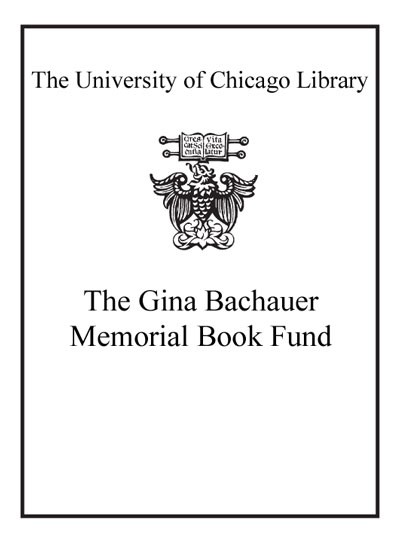Ars nova : French and Italian music in the fourteenth century /
Saved in:
| Imprint: | Farnham, England ; Burlington, VT : Ashgate, c2009. |
|---|---|
| Description: | xxiv, 569 p. : ill., music ; 26 cm. |
| Language: | English Italian |
| Series: | Music in medieval Europe Music in medieval Europe. |
| Subject: | |
| Format: | Print Book |
| URL for this record: | http://pi.lib.uchicago.edu/1001/cat/bib/7776777 |
Table of Contents:
- Introduction
- Periodization and Boundaries: Novelty and renewal in Italy: 1300-1600
- Ars nova and stil novo
- Magister Egardus and other Italo-Flemish contacts
- Problems of dating in ars nova and ars subtilior
- Sources: The ars nova fragments of Ghent
- Music Theory: A phantom treatise of the 14th century?
- The ars nova
- Composers: Francesco Landini and the Florentine cultural elite
- Gratiosus, Ciconia, and other musicians at Padua cathedral: some footnotes to present knowledge
- Further notes on Magister Antonius dictus Zacharias de Teramo
- Musicology, archives, and historiography
- Literary Studies: Un leggiadretto velo' ed altre cose petrarchesche
- Lyrics for reading and lyrics for singing in late medieval France: the development of the dance lyric from Adam de la Halle to Guillaume de Machaut
- On text forms from Ciconia to Dufay
- Leonardo Giustinian and quattrocento polyphonic song
- Secular Song: New glimpses of an unwritten tradition
- Improvisations in the madrigals of the Rossi codex
- Landini's musical patrimony: a reassessment of some compositional conventions in trecento polyphony
- Machaut's balades with 4 voices
- Playing the citation game in the late 14th-century chanson
- Sacred Music: The sacred polyphony of the Italian trecento
- Zacara's D'amor Languire and strategies for borrowing in the early 15th-century Italian mass
- Motets: The emergence of ars nova
- Myth and mythography in the motets of Philippe de Vitry
- Imitation in the ars nova and ars subtilior
- Deception, exegesis and sounding number in Machaut's motet 15
- Performance Practice: Machaut's 'pupil' Deschamps on the performance of music: voices or instruments in the 14th-century chanson
- Texting in 15th-century French chansons: a look ahead from the 14th century
- Index

